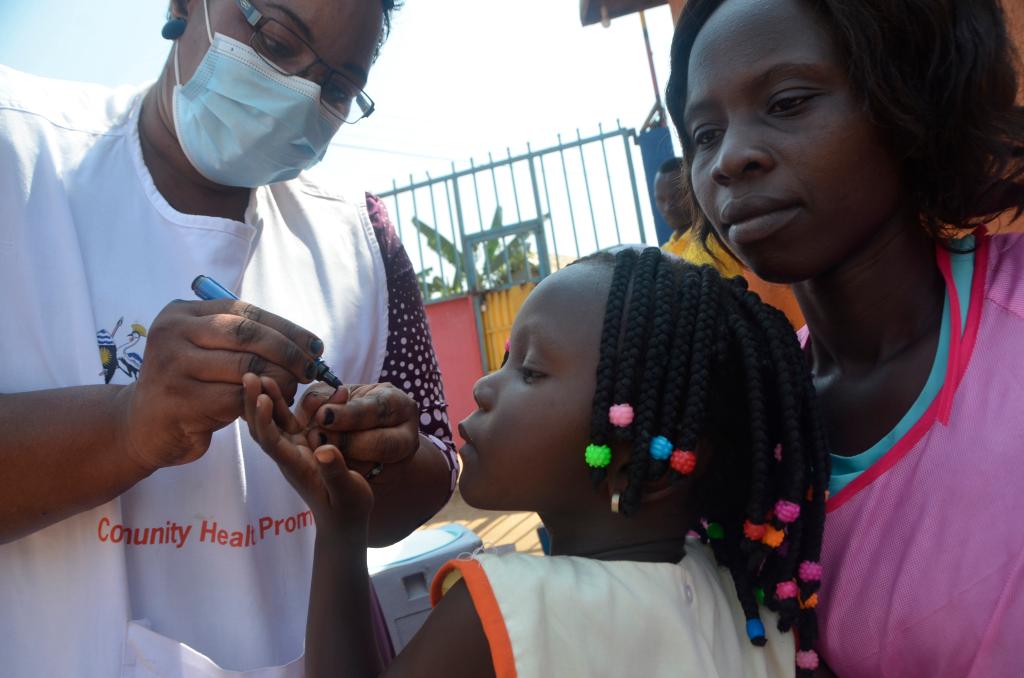
‘
KAMPALA.
Health activists have raised concern over the big number of children whose parents are still reluctant to vaccinate them against Vaccine Preventable Diseases (VPD).
Ms Jackie Katana, the Executive Director of Faith for Family Health Initiative (3FHI) said the rising number of zero dose children and those that are partially immunized, presents a public health challenge that calls for a multi sectoral approach and stakeholders engagement to avert the situation.
The 2022 Ministry of Health estimates indicate that 3 percent of Ugandan children (about 9, 6000 children) have never been vaccinated against any vaccine preventable diseases
The Uganda Demographic and Health Survey (UHDS) 2022 indicates that the number of fully immunised children aged 12 to 13 months declined from 55 percent in 2016 to 54 percent, with 15 percent partially immunised.
“Uganda has made progress in overall vaccination coverage with most vaccines standing at about 95 percent but the rising number of zero dose children, places Uganda 5th highest in Africa for Zero dose children and is a concern that all stakeholders including government, parents, civil society organisations, religious leaders, cultural leaders, political and local l leaders and the media must jointly tackle and ensure every child is immunised,” Ms Katan said during the launch of the PATH Uganda’s
GAVI- funded Equity Accelerator Fund project ,held at Lweza Training and conference centre in Wakiso District on Friday.
The six months projects (June to November 2025 )to be implemented by 17 Civil Society Organisations(CBOs) in different parts of Uganda aims to contribute to the Ministry of Health’s target of achieving 95 percent immunisation coverage for all antigens and reduce the number of under immunised and zero dose children in the country.
The World Health Organisation defines zero dose children are those who have never received any single dose of a vaccine shot.
Globally in 2023, there were 14.5 million children missing on any vaccine according to the World Health Organisation(WHO)
According to Ms Katan, vaccine hesitancy, misinformation, gender norms and geographical barriers affecting remote and poor communuties remain a setback to the uptake of immunisation services.
To address some of these challenges, Ms Katana said 17 Civil Society Organisations including Faith for Family Health Initiative with financial support from PATH Uganda’s GAVI-funded Equity Accelerator Fund(EAF)have embarked on advancing routing immunisation in different parts of the country.
Project activities will rotate around increasing knowledge and acceptance of vaccines and immunisation services among parents and caregivers, building the capacity of inter-faith religious, cultural and multi-,sectoral champions to mobilise communities and drive demand for immunisation, and promote coordinated service delivery to enhance uptake of services.
Faith for Family Health Initiative will implement its activities in Wakiso District.
The Ministry of Health estimates that Wakiso District with an estimated 478, 834 Zero dose children faces low coverage BCG 64 percent, measles first dose stands at 87 percent , Yellow Fever 40 percent.
According to Dr Diana Atwine, the Permanent Secretary bin the Ministry of Health, immunization is one of the most cost effective public health interventions in reducing infant and child mortality rates.
Dr Atwine said government target is to ensure that every child born in Uganda is given protection against Vaccine Preventable Diseases.
Uganda has expanded it’s immunisation program from protecting children against the 6 killer diseases in the 1990s to 14 to date, significantly reducing vaccine preventable diseases.
Some of childhood immunisable diseases include, Polio, Measles, Tuberculosis, Whooping Cough, Hepatitis, Diphtheria, Malaria, Yellow Fever, Rotavirus, Tetanus among others.